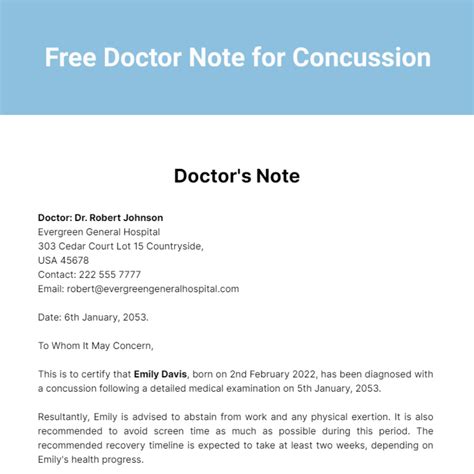A concussion is a traumatic brain injury that can occur when a force is applied to the head or body, causing the brain to move within the skull. This can happen during contact sports, falls, or even car accidents. Concussions can range in severity from mild to severe, and symptoms can vary widely.

Symptoms of a Concussion
The symptoms of a concussion can appear immediately or may take days or weeks to develop. Some of the most common symptoms include:
- Headache
- Nausea
- Vomiting
- Confusion
- Dizziness
- Balance problems
- Vision problems
- Memory loss
- Difficulty concentrating
- Fatigue
- Irritability
- Mood changes
Diagnosis of a Concussion
Concussions are diagnosed based on a physical examination and a medical history. Doctors will also ask about the symptoms you are experiencing and how the injury occurred. There is no single test that can diagnose a concussion, but doctors may use imaging tests such as CT scans or MRIs to rule out other potential causes of your symptoms.
Treatment for a Concussion
The treatment for a concussion typically involves rest and avoiding activities that could worsen your symptoms. This means avoiding contact sports, driving, and alcohol consumption. Doctors may also recommend taking over-the-counter pain relievers to relieve headaches and other symptoms. In severe cases, hospitalization may be necessary to monitor your condition and provide treatment.
Recovery from a Concussion
The recovery time for a concussion can vary depending on the severity of the injury. Most people recover within a few weeks, but some may experience symptoms for months or even years. During recovery, it is important to rest and avoid activities that could worsen your symptoms. Doctors may also recommend physical therapy or other treatments to help you recover.
Preventing Concussions
There are a number of things you can do to prevent concussions, including:
- Wearing a helmet when participating in contact sports
- Avoiding activities that could put you at risk for a fall
- Buckling up when driving
- Being aware of your surroundings and avoiding dangerous situations
If You Think You Have a Concussion
If you think you may have a concussion, it is important to see a doctor right away. Early diagnosis and treatment can help to reduce the risk of long-term complications.
Conclusion
Concussions are a serious injury that can have a significant impact on your health. If you think you have a concussion, it is important to see a doctor right away. Early diagnosis and treatment can help to reduce the risk of long-term complications.
